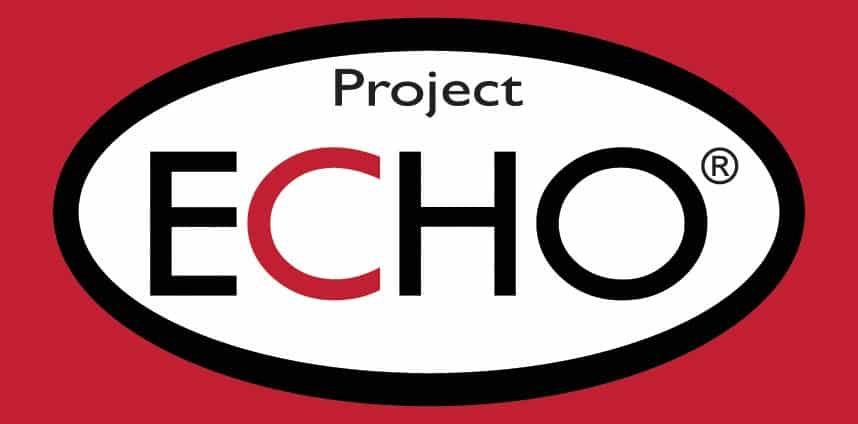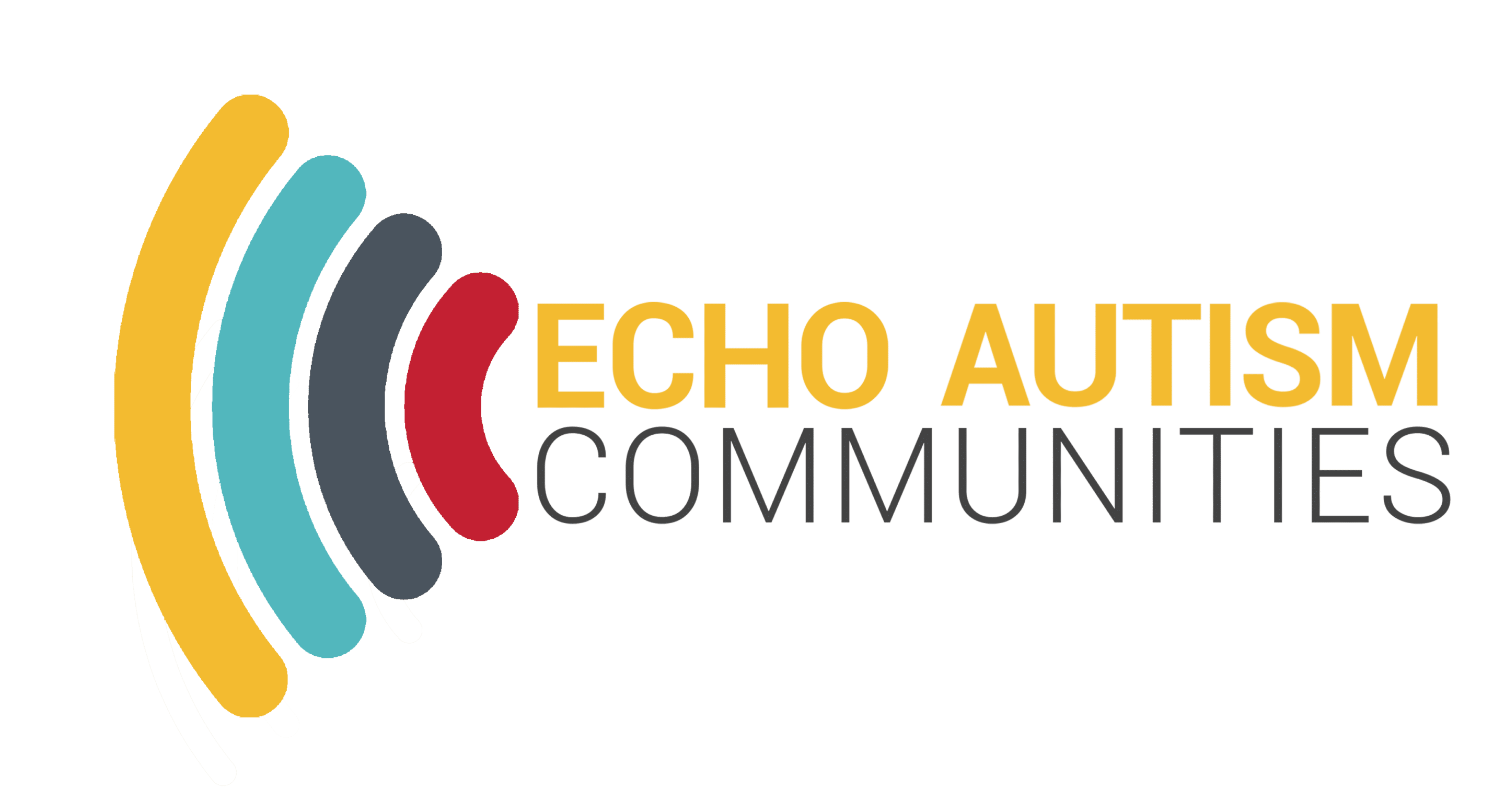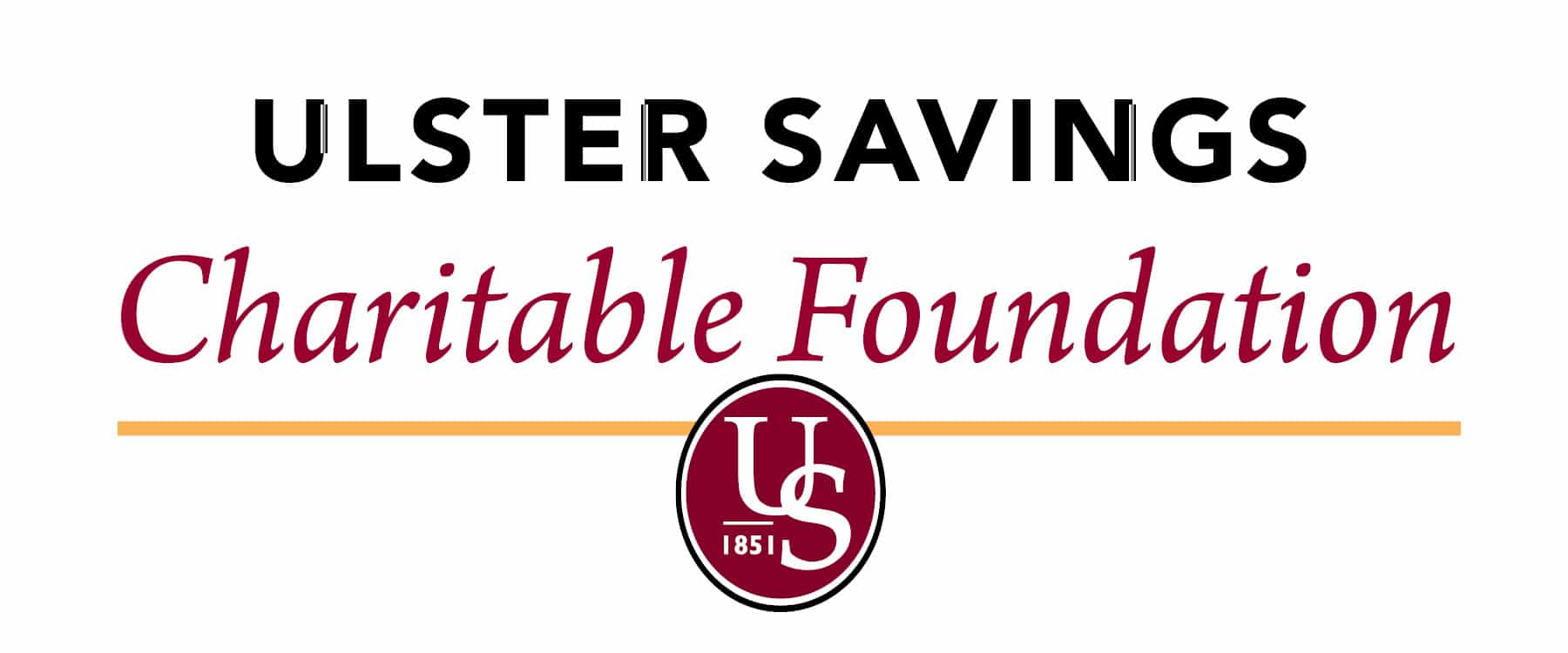ECHO Autism Anderson
The Extension for Community Healthcare Outcomes (ECHO®) is an “all teach, all learn” framework that crosses disciplines aimed to create communities of practice for change. The mission of ECHO is to make knowledge accessible at the right time. Following the groundbreaking model developed by Dr. Sanjeev Arora at the University of New Mexico, every ECHO program is inclusive and nonhierarchical. The contribution of a single ECHO specialist contributes to the development of 20 or more local experts, who use their knowledge to positively impact the lives of people in their communities. ECHO breaks down geographic and cost barriers providing knowledge increase capacity of community experts.


ECHO Autism Anderson Projects
Contact Us
Program Lead/Echo Coordinator, General Questions: Pierce Langlois, ECHOAutism@AndersonCares.org
Thank you to our 2025 Supporters

Thank you to our 2024 Supporters


Additional Information and Links
Project ECHO
ECHO Autism Communities
ECHO Support
ECHO Autism Participant Guide
Technology
The Project ECHO model utilizes Zoom video-conferencing technology
Project Development
Additional ECHO Autism Anderson Project planning is ongoing
If interested in learning about or funding future projects please contact info@andersoncares.org
Minimum Technical Requirements
Voice-Only Connection: A telephone or speakerphone is required for voice connection
Full Video Participation: Internet access is required for video participation
Individual Viewing: A computer with a webcam, microphone*, and speakers* or a tablet or cellular device are required
Group Viewing: A computer, PTZ camera, microphone array*, and speakers* are required
*A speakerphone can be used in place of a microphone and speakers